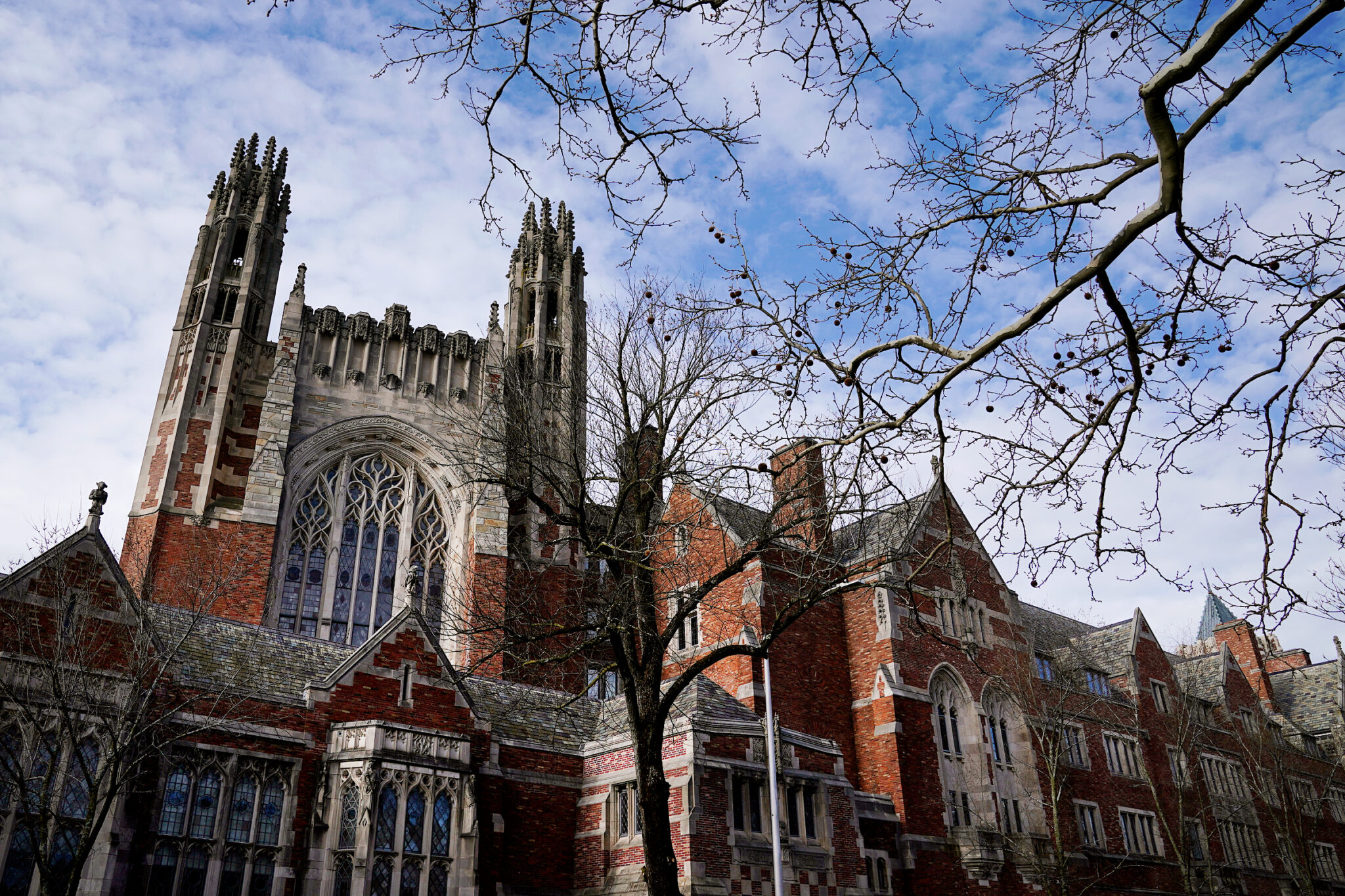Salovey increases financial support for scholars at risk
The University promised to expand funding and support for scholars facing dangerous conditions in their home countries — but some are questioning if recent changes are enough.

Tim Tai, Photography Editor
Yale will expand institutional support for scholars facing persecution in their home countries, University President Peter Salovey told the News.
The Office of International Affairs will operate a new program dedicated to hosting just over a dozen academics whose lives are at risk of persecution by their home countries’ governments, also known as scholars at risk. The President’s Office, the Provost’s Office, the MacMillan Center and the Jackson School for Global Affairs will provide additional funding to existing efforts led by the Law School’s Schell Center for International Human Rights as well as the MacMillan Center for International and Area Studies, amounting to $2.6 million. According to Vice President for Global Strategy Steven Wilkinson, scholars at risk may begin expressing interest in the program now, and nominations will formally be considered next month.
“At that time we will send out an announcement to the Yale community describing the process for nominations in more detail,” Wilkinson told the News. “We hope there will be a lot of interest.”
According to Wilkinson, the University will create a process by which units can nominate candidates as scholars at risk and share costs of hosting with other departments or schools of the University. And while Yale will commit to raising funds to support scholars at risk, Wilkinson hopes that indirect help will come from foundations, who he reasons “are more interested in giving to institutions that have already made a commitment themselves.”
Last January, Yale Law School professor of human rights James Silk and Yale School of Public Health professor Kaveh Khoshnood penned a letter by email to Salovey and then-vice president for global strategy Pericles Lewis airing concerns that the University’s efforts to support scholars at risk “do not consistently help” those who face the most serious risk for their work. Their email included about 50 faculty signatures.
The email, which was reviewed by the News, noted two obstacles to the University’s ability to support scholars at risk. First, a lack of a central coordinating space made it difficult to match such scholars with appropriate departments. On the other hand, the absence of a “consistent commitment” by the administration to fund their appointments has limited the support faculty can offer.
“We haven’t had a well-built, well-structured program,” Khooshnood told the News. “For what is at least a decade that I can remember, Yale has been hosting scholars, but they’ve been doing it through individual schools [and] departments.”
In response to the letter, Salovey established an ad hoc committee to design a program for these scholars at risk, which would be led by Wilkinson. He also offered Silk and Khooshnood positions on said committee.
Over the next several months, the committee did “quite a bit of research” to understand how different universities who had a similar program managed it, such as Harvard and Columbia Universities, Khooshnood said. Through Harvard’s scholars at risk program, scholars may receive funding for a maximum of a year-long fellowship, but must “return to [their] home country or seek placement elsewhere.”
The final report was submitted to Salovey at the end of last semester. In it, the committee made specific recommendations, including raising funds which Silk and Khooshnood claimed were limited, as well as hiring staff to deal with logistical challenges over obtaining a visa and being able to come to the United States.
Khooshnood added that they were hoping to extend scholarly appointments to two years instead of one, since the limited time periods were too short to guarantee scholars’ safety after they returned home.
“Again, it’s still going to be a bit challenging [to implement the plan],” Khooshnood said. “This is not going to be a super easy thing to do, but I feel like we came up with a pretty good plan that’s potentially implementable soon.”
But political science professor James Scott — who authored an op-ed in the News last year calling on Yale to expand its efforts for scholars at risk — says that these changes are not substantial enough.
The announcement felt like a missed opportunity for Yale to have a signature program, Scott told the News. Because Yale prides itself on being a “worldwide university with worldwide interest” and is immensely wealthy, he added that he feels as though the expansion could do much more.
“I think it’s an opportunity that could have responded, I think in the kind of magnificent program which would have made Yale famous worldwide for its support for democratic scholarship,” Scott said.
He pointed out that following the Afghan refugee crisis in 2021, Bard College pledged to enroll 100 undergraduate students who were to come study in the United States.
In response to Scott’s concerns, Salovey told the News that the new investment will allow Yale to have as many scholar positions as Harvard in any given year. He added that Yale will provide support for scholars at risk for up to two years, while most other programs at other institutions only support scholars for one year. Salovey did not directly address why Yale did not already have an existing program for scholars at risk.
Yale has invited scholars from Iran, Ethiopia, Ukraine and more to participate in the new program.







